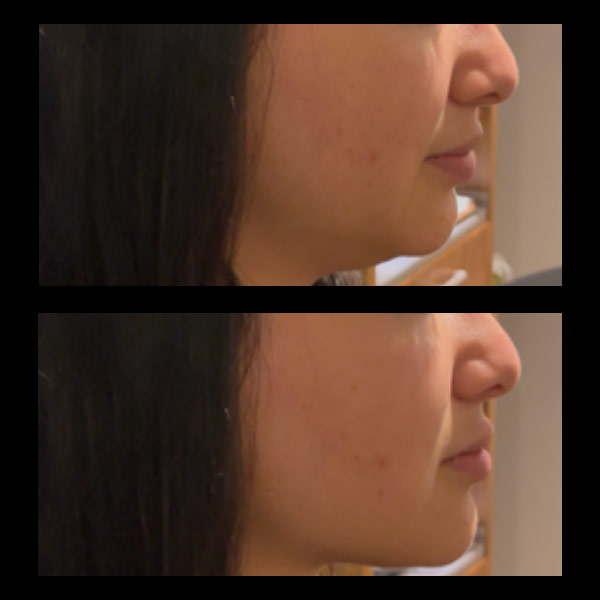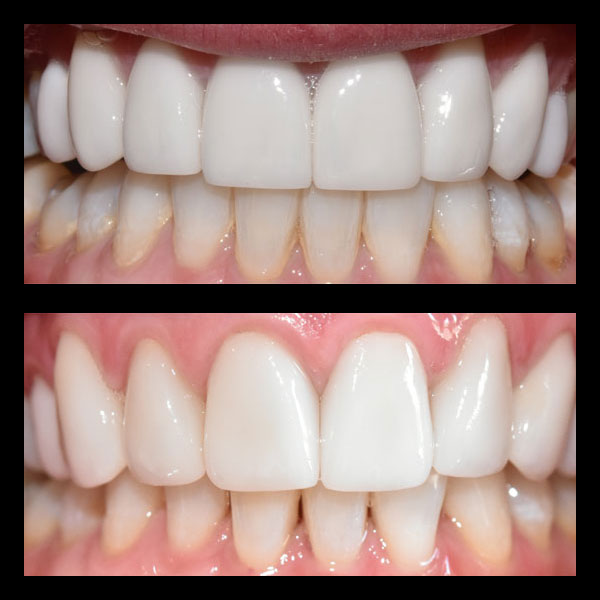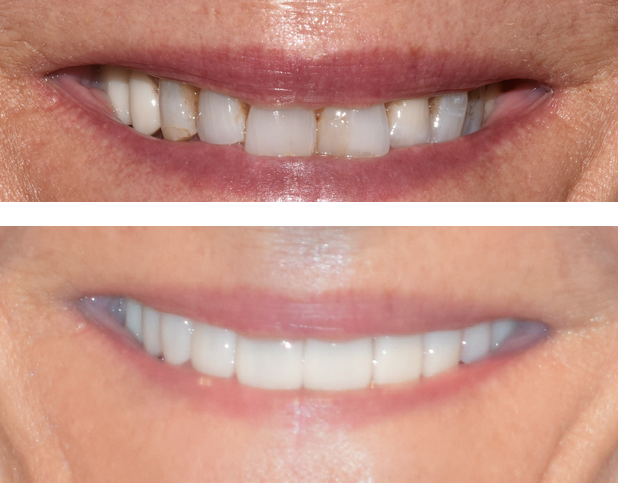Protecting Your Investment for a Lifetime of Confidence
Achieving the smile of your dreams is an exciting journey. Whether you’ve perfected your alignment with Invisalign, brightened your teeth with professional whitening, or transformed your look with porcelain veneers, you’ve made a significant investment in your confidence and well-being. The journey, however, doesn’t end when you leave our office. Proper post-treatment care and smile maintenance are crucial for ensuring your results are beautiful, functional, and long-lasting. This guide provides expert advice on how to protect your stunning new smile for years to come.
The Foundation of Smile Maintenance: Daily Oral Hygiene
Regardless of the specific dental work you’ve had done, impeccable oral hygiene is the cornerstone of lasting results. Excellent at-home care prevents issues like staining, decay around restorations, and gum disease, which can compromise both your natural teeth and your cosmetic enhancements.
Brushing with Precision
Use a soft-bristled toothbrush and a non-abrasive fluoride toothpaste. Abrasive pastes can scratch porcelain restorations like dental veneers and crowns or dull the surface of bonded teeth. Brush for two minutes, twice a day, paying special attention to the gum line where restorations meet your natural teeth.
Flossing Diligently
Floss at least once daily. For bridges or implants, you may need specialized tools like floss threaders or a water flosser to effectively clean around the restorations. Proper flossing is vital for preventing plaque buildup and maintaining healthy gums, which are the foundation of your smile and crucial for the success of any restorative dentistry work.
Caring for Specific Cosmetic & Restorative Treatments
Different dental enhancements require specific care protocols. Following these recommendations will help preserve their integrity and appearance.
Porcelain Veneers and Dental Bonding
Veneers and dental bonding are designed to resist stains, but they are not entirely immune. Avoid or limit consumption of highly pigmented foods and beverages like coffee, red wine, tea, and berries. If you do indulge, rinse your mouth with water afterward. It’s also critical to avoid using your teeth as tools—never open packages or bite on hard objects like ice or pens, as this can chip the porcelain or composite material.
Teeth Whitening Maintenance
To keep your smile brilliant after a professional teeth whitening treatment, adhere to the “white diet” for the first 48 hours. After that, minimize staining agents and consider using a straw for dark liquids. Periodic touch-up treatments with our take-home whitening kits can help maintain your bright results long-term.
Invisalign and Retainers
Once you’ve completed your Invisalign treatment, the retention phase begins. It is absolutely essential to wear your retainer as prescribed. Failure to do so can result in your teeth shifting back toward their original positions. Clean your retainer daily with gentle soap and water or a specialized retainer cleaner to prevent bacteria buildup. We also offer custom night guards and retainers for optimal protection and stability.
Dental Implants, Crowns, and Bridges
While dental implants and crowns cannot decay, the surrounding gum tissue can still be affected by gum disease. Meticulous cleaning at the gum line is vital. Use a water flosser or interdental brushes to clean around implants and under bridges. Regular professional cleanings are non-negotiable for anyone with implants or extensive crown and bridge work.
Did You Know? Quick Facts
- Modern dental porcelain is incredibly strong and durable, but it can be fractured by sharp, focused impacts.
- Teeth have a “memory” and will try to shift back after orthodontic treatment, which is why retainer wear is a lifelong commitment.
- Jaw clenching (bruxism) can exert extreme force on your teeth, potentially damaging natural teeth and restorations alike. Therapies like Botox for clenching can provide significant relief and protection.
Lifestyle Habits and Professional Care
Your daily habits play a huge role in the longevity of your smile. Beyond diet, it’s important to avoid smoking and tobacco products, which are notorious for staining teeth and compromising gum health. Protecting your smile during sports with a custom mouthguard is also a wise precaution.
Most importantly, regular professional care is essential. Routine check-ups and professional teeth cleanings at least twice a year allow us to monitor your restorations, check for any issues, and professionally polish your teeth to remove surface stains. For patients with complex work like a full mouth reconstruction, more frequent visits may be recommended. These appointments are an opportunity for us to ensure your bite remains balanced and your smile stays healthy and beautiful.
Your Smile Partner in Boulder, Colorado
For residents of Boulder, an active and health-conscious lifestyle is often a priority. Your radiant, healthy smile is a key part of that picture. At Incredible Smiles, we are dedicated to being your long-term partner in oral health. From our advanced physiologic dentistry approach to our relaxing, spa-like environment, we are here to support your smile maintenance journey. We combine artistic skill with state-of-the-art technology to ensure your results are not only beautiful but also built to last. You can see the incredible transformations for yourself in our before and after gallery.
Protect Your Beautiful Smile
Have questions about your post-treatment care or ready for your next check-up? Our team is here to help you maintain your incredible smile for a lifetime.
Frequently Asked Questions (FAQ)
Can I still get cavities if I have crowns or veneers?
Yes. While the restoration itself (the crown or veneer) cannot decay, the natural tooth structure underneath or along the margin where it meets the restoration can. This is why diligent brushing and flossing around the edges of all dental work is so important.
How often should my dental restorations be checked?
We recommend a comprehensive check-up as part of your regular general dentistry visits, typically every six months. During these appointments, we will examine your restorations for any signs of wear, check the integrity of the margins, and ensure your bite is stable.
What happens if I don’t wear my retainer after Invisalign?
If you stop wearing your retainer, your teeth will begin to shift back towards their pre-treatment positions, a process called orthodontic relapse. Consistent retainer use is the only way to protect your investment and maintain your straight new smile long-term.
Can I use regular mouthwash with my new dental work?
It is best to use an alcohol-free mouthwash. Mouthwashes with high alcohol content can potentially soften the bonding agents used for crowns and veneers over time. For specific recommendations, it’s always best to ask our dental team.
Glossary of Terms
Bruxism
The medical term for the involuntary habit of grinding or clenching the teeth, typically during sleep. It can cause significant wear and damage to both natural teeth and dental restorations.
Composite Bonding
A cosmetic dental procedure where a tooth-colored composite resin is applied and sculpted to teeth to repair chips, close gaps, or improve color and shape.
Porcelain Veneer
A thin, custom-made shell of tooth-colored porcelain that is bonded to the front surface of a tooth to improve its appearance. Veneers are used to correct issues with color, shape, size, or length.
Physiologic Dentistry
A branch of dentistry focused on achieving and maintaining a harmonious relationship between the teeth, jaw muscles, and temporomandibular joints (TMJ) for optimal function and comfort.








